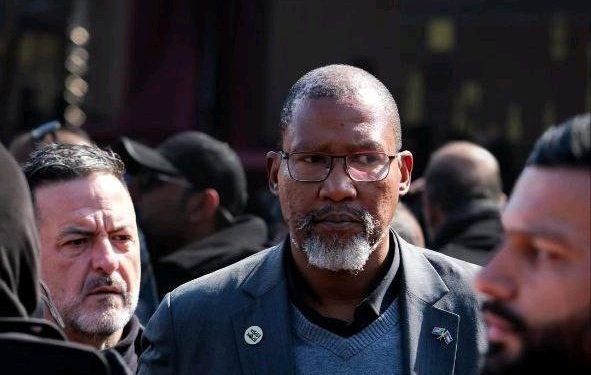Egyptian authorities have detained Mandla Mandela, grandson of the late anti-apartheid icon Nelson Mandela, along with over 200 activists participating in the Global March to Gaza. The arrests occurred near Cairo as protesters prepared to demand humanitarian access to Gaza through the Rafah border crossing.
The march, organized to highlight Gaza’s worsening crisis, has faced strong opposition from Egyptian officials who cite security concerns. Mandela’s detention has drawn international attention, given his family’s legacy in global justice movements. Activists argue the crackdown violates freedom of assembly, while Egypt maintains it’s necessary to prevent border instability.
The Rafah crossing remains a critical but heavily restricted passage for Palestinians. Egypt’s strict controls, combined with Israel’s blockade, have severely limited aid and movement. The mass arrests – targeting both international and local participants – suggest Cairo’s determination to stop the protest before it reaches the border.
Critics compare the suppression tactics to historical repression of activists, noting the irony of detaining a Mandela while claiming security needs. South Africa and other nations may face pressure to intervene diplomatically, particularly given Mandela’s symbolic status.
The incident underscores the tension between security policies and human rights in conflict zones. While Egypt seeks to maintain regional stability, its methods risk silencing peaceful dissent and worsening Gaza’s isolation. As detainees remain held without clear charges, the situation highlights growing global concerns about protest rights during humanitarian crises.






















